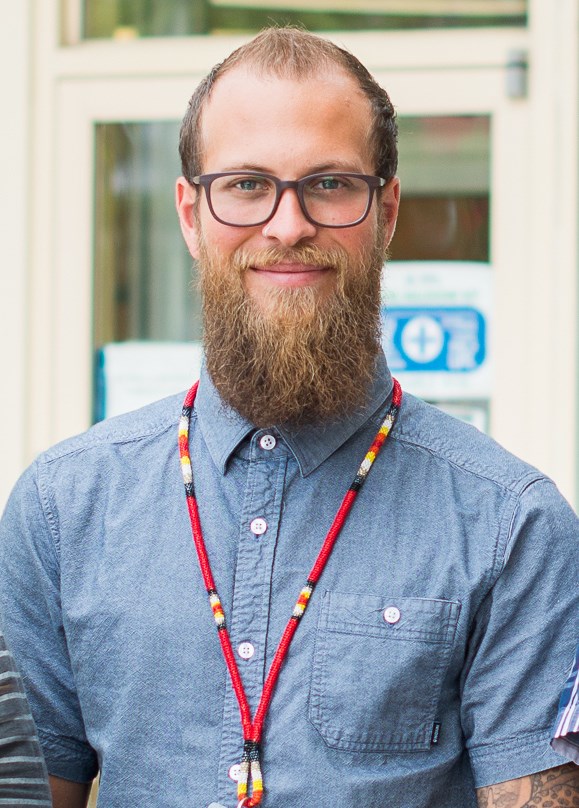An innovative program designed to create better understanding between local Indigenous and non-Indigenous youth was going really strong.
That is until the pandemic hit.
Since March, Chigamik Community Health Centre's Indojiibikan (My Roots) project has been in a bit of a holding pattern as schools closed and students switched to virtual learning in the spring.
But Mitch Akerman, an Indigenous cultural worker with the Midland-based organization, expects things will again pick up steam once program leads are again allowed to visit local schools.
“We were very, very active and in the schools at least once a week for almost six months. And then at the end of March, the schools went into a full lockdown so that completely changed everything for us.”
The organization received a $40,100 seed grant from the Ontario Trillium Foundation last year to develop the program to give local Indigenous and non-Indigenous youth the opportunity to deepen their understanding of Indigenous culture and learn to apply Indigenous traditions to a range of activities while gaining knowledge and working to preserve cultural heritage.
Prior to the COVID-19 pandemic, Chigamik staff worked with youth at the Georgian Bay District Secondary School and the Georgian Bay Native Friendship Centre in Midland to offer culturally based learning activities, guided by elders.
“We really kind of forged some nice working relationships with those two high schools, to be able to come into their classes and sort of enrich the programming using different traditional Indigenous content,” Akerman said. “The whole idea there is that they could participate in these types of activities and teachings and whatnot.”
Activities included drum-making and birthing ceremony workshops, Ojibwe language lessons, medicine wheel teachings, snowshoe outings, creating a mural led by a local Indigenous artist and building Indigenous-themed picnic tables for the high school.
Akerman said the project’s designed to empower Indigenous youth by reconnecting to their identity through culturally-based activities.
“The program also exposes non-Indigenous youth to activities that help them honour our history and gain a deeper understanding of Indigenous culture and traditions,” he said, adding close to 100 local youth have participated to date.
“This type of learning builds inclusivity, openness and trust.”
Akerman said they were hoping to be able to start things up again in September when in-classroom learning started again. But then the school board adopted policies to stop allowing third-party service providers into schools until things settled down.
“So that stopped us from going in this semester as well,” he said. “And now we're looking at an extended winter break because we don't even know what's going to happen with this lockdown.
“It was sort of frustrating because we had a really awesome momentum going,” Akerman said, noting they were not only active in building some strong relationships with students, but also with teachers, administrators and other school faculty.
“And then we kind of got halted in their tracks. So as it stands, we've achieved about half of our grant outcomes.”
Akerman said Trillium allowed them to put a pause on their grant money until they can get back at it.
“We're just awaiting the opportune time to start this thing back up and wrap up the rest of our grant activities,” he said. “Trillium has been really good with modifying our grant timeline.”
